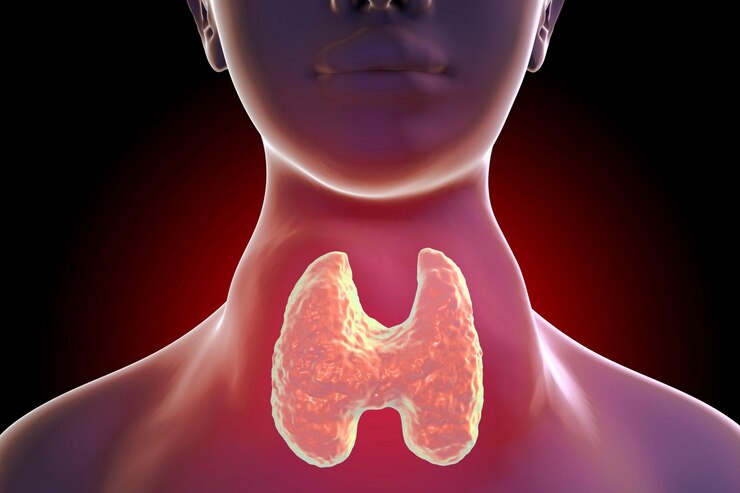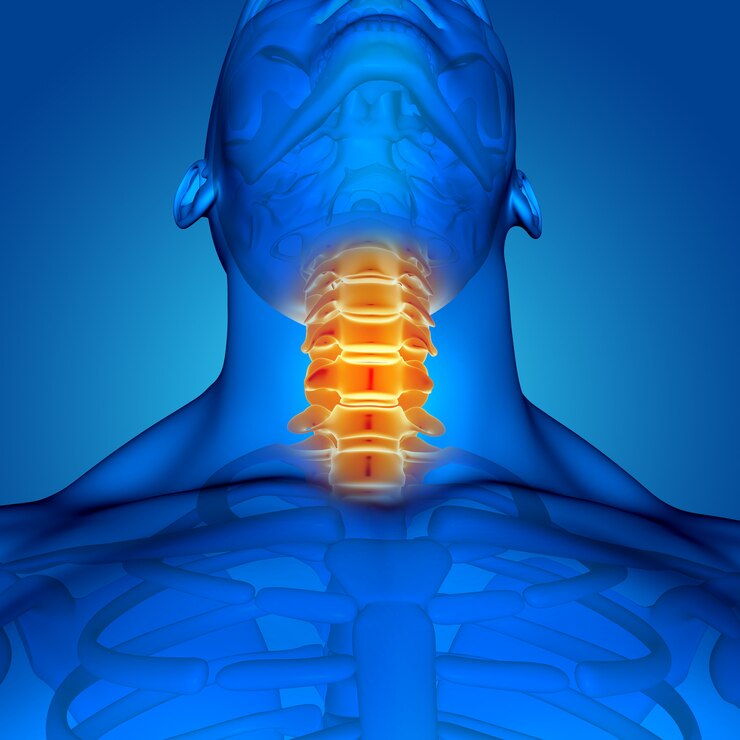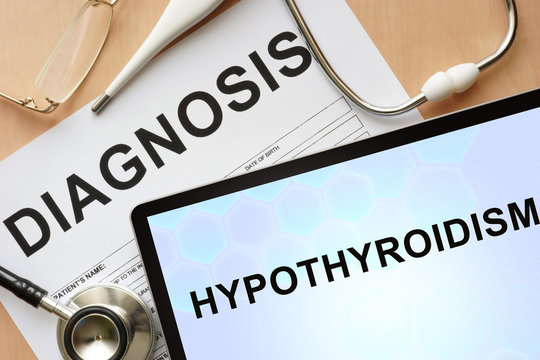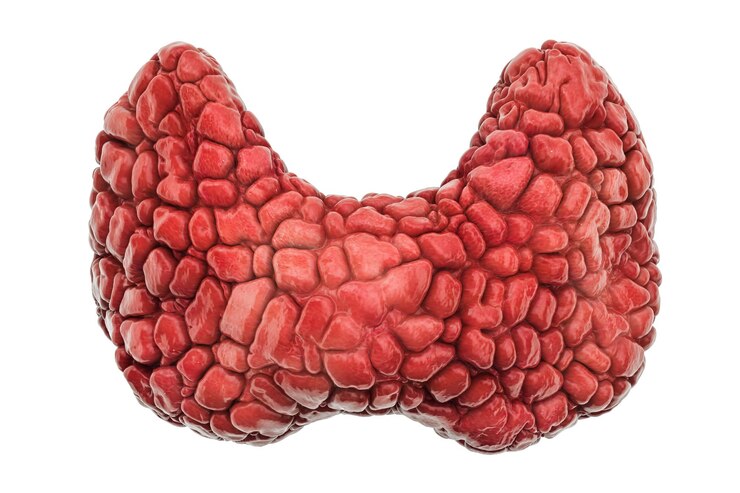Hypothyroidism In Pregnancy: Management And Implications For Mother And Baby
Hypothyroidism, a condition characterized by an underactive thyroid gland, poses unique challenges during pregnancy. Thyroid hormones play a crucial role in fetal development and maternal health, making the management of hypothyroidism essential for both the mother and baby. In this article, we will explore the implications of hypothyroidism in pregnancy, discuss the management strategies, and highlight the importance of thyroid function monitoring for optimal outcomes.
Understanding Hypothyroidism in Pregnancy
Hypothyroidism in pregnancy can occur due to pre-existing thyroid disorders or develop during gestation. Hashimoto’s thyroiditis, an autoimmune condition, is the most common cause of primary hypothyroidism in pregnancy. Additionally, iodine deficiency, previous thyroid surgery, or radioactive iodine treatment can contribute to thyroid dysfunction. Pregnancy-related changes, such as increased thyroid hormone requirements and alterations in thyroid hormone-binding proteins, further complicate thyroid function during gestation.
Implications for Mother and Baby
Maternal Health: Untreated or inadequately controlled hypothyroidism during pregnancy can lead to adverse maternal outcomes, including preeclampsia, gestational hypertension, placental abruption, and postpartum hemorrhage. Maternal hypothyroidism is also associated with an increased risk of miscarriage, preterm birth, and cesarean delivery. Additionally, uncontrolled thyroid dysfunction may exacerbate maternal symptoms such as fatigue, weight gain, and depression.
Fetal Development: Thyroid hormones are crucial for fetal neurodevelopment, particularly during the first trimester when the fetal thyroid gland is not fully functional. Maternal hypothyroidism has been linked to adverse fetal outcomes, including impaired cognitive development, low birth weight, and congenital anomalies such as cardiac defects and neural tube defects. Proper thyroid hormone levels are essential for the regulation of fetal metabolism, growth, and organogenesis.
Management of Hypothyroidism in Pregnancy
Preconception Counseling: Women with hypothyroidism planning pregnancy should receive preconception counseling to optimize their thyroid function before conception. This may involve adjusting thyroid hormone replacement therapy doses, ensuring adequate iodine intake, and addressing any underlying autoimmune conditions.
Thyroid Function Testing: Thyroid function tests, including serum thyrotropin (TSH) and free thyroxine (FT4) levels, should be monitored regularly throughout pregnancy. The American Thyroid Association (ATA) recommends trimester-specific reference ranges for TSH levels to guide treatment decisions. FT4 levels should also be assessed to ensure adequate thyroid hormone replacement and prevent overtreatment or undertreatment.
Thyroid Hormone Replacement Therapy: Levothyroxine is the treatment of choice for hypothyroidism in pregnancy due to its safety and efficacy. Pregnant women with hypothyroidism should receive levothyroxine replacement therapy to maintain TSH levels within the trimester-specific reference ranges. Close monitoring and dose adjustments may be necessary to achieve optimal thyroid function during gestation.
Multidisciplinary Care: The management of hypothyroidism in pregnancy requires collaboration between obstetricians, endocrinologists, and primary care providers. Multidisciplinary care ensures comprehensive monitoring of maternal and fetal well-being, timely adjustments to thyroid hormone replacement therapy, and management of any complications that may arise.
Iodine Supplementation: Adequate iodine intake is essential for thyroid hormone synthesis and fetal neurodevelopment. Pregnant women should consume iodine-rich foods or supplements to meet their daily iodine requirements. However, excessive iodine intake should be avoided, as it may lead to thyroid dysfunction and adverse pregnancy outcomes.
Implications for Postpartum Care
Postpartum Thyroid Function: Thyroid function should be reassessed in the postpartum period, as thyroid hormone requirements may change following childbirth. Women with hypothyroidism may require adjustments to their levothyroxine dose to prevent hypothyroid symptoms or complications such as postpartum thyroiditis.
Breastfeeding Considerations: Levothyroxine is safe for use during breastfeeding, and women with hypothyroidism should continue their thyroid hormone replacement therapy while breastfeeding. Close monitoring of thyroid function and breastfeeding infants’ growth and development is recommended to ensure optimal outcomes for both mother and baby.
Conclusion
Hypothyroidism in pregnancy poses significant implications for maternal and fetal health, emphasizing the importance of timely diagnosis and management. Close monitoring of thyroid function, appropriate levothyroxine replacement therapy, and multidisciplinary care are essential components of managing hypothyroidism during gestation. By optimizing thyroid function and addressing maternal and fetal needs, healthcare providers can promote positive outcomes for mothers and babies affected by hypothyroidism during pregnancy.








